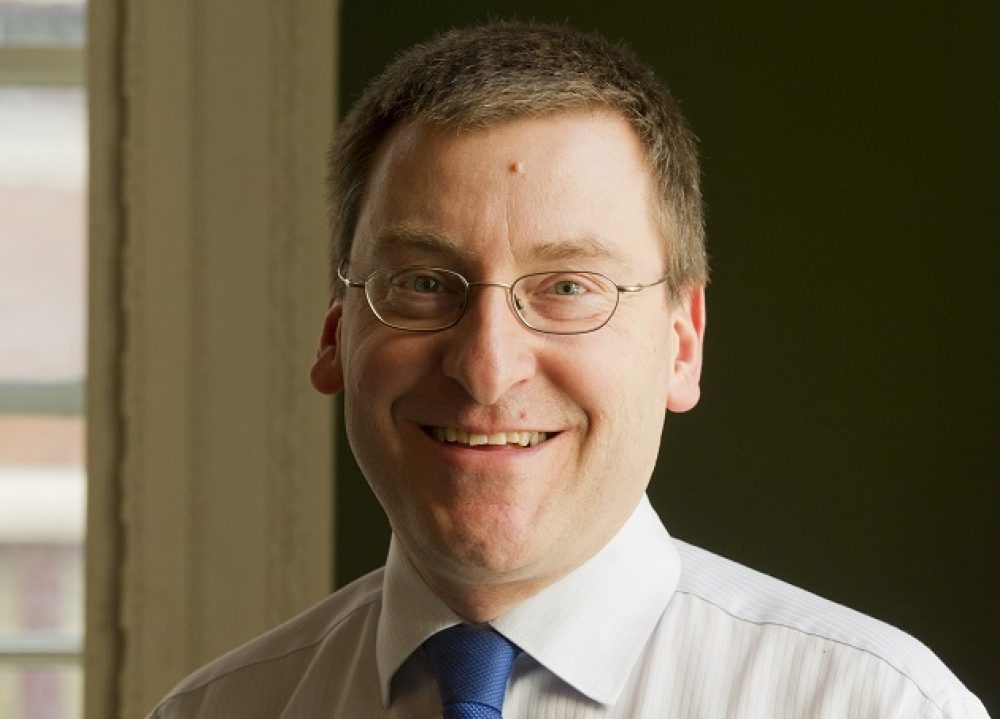Providers who dish out FE Free Meals cash to learners are set to be hit with a £15m cut to the overall bursary fund next academic year.
The Education Funding Agency revealed in a letter to providers, published today, that it was moving to act over the issue of “double funding” — where providers had FE Free Meals allocations, at £2.41 a-day per learner, and could also use discretionary bursary fund money to pay for disadvantaged learners’ meals.
The letter, from EFA national director for young people Peter Mucklow, told how a ‘ringfence’ between the two funding pots was being removed to “maximise flexibility for institutions receiving both allocations”.
Mr Mucklow wrote: “Prior to academic year 2014 to 2015 colleges and FE providers had been supporting the cost of meals for students who needed them on a discretionary basis from the discretionary bursary. The external evaluation of the discretionary bursary estimated that this represented over £15m of discretionary bursary spend annually.
“Provision of FE Free Meals is now established and in its second year of implementation. In academic year 2016 to 2017 we will remove £15m from the budget in respect of this double funding. For academic year 2016 to 2017 discretionary bursary allocations will be adjusted to take account of this for those providers in receipt of an allocation for post-16 free meals.
“We plan to allocate free meals funding to FE institutions for academic year 2016 to 2017 based on their R04 data returns based on the numbers of students they have assessed as eligible for and in receipt of free meals in academic year 2015 to 2016. No change is planned in the £2.41 rate.”
Mr Mucklow’s letter did however, contain better news for the sector, outlining how the Department for Education had kept the money granted per student next academic year at £4,000 for 16 and 17-year-olds and £3,300 for 18-year-olds.
Martin Doel, chief executive of the Association of Colleges, said: “This will help colleges to continue to provide quality education and training for their students and a stable working life for their staff.
“There are challenges ahead for colleges, such as new technical qualifications, new A Levels and an increased number of students retaking GCSE English and maths; however, knowing that they have stable funding will help them to tackle these challenges.
“The DfE still has some savings to make, but they pledge that there will be no further cut to the basic rate of funding is a positive move for colleges.”
Among the other issues covered by Mr Mucklow were the phasing out of the funding protection formula and the lifting of the traineeships restriction to only good or outstanding providers and a funding commitment for the programme.
Stewart Segal, chief executive of the Association of Employment and Learning Providers (AELP), said: “The growth commitments for apprenticeships and traineeships for the remainder of this Parliament represent very good news for young people who need a greater number of vocational learning opportunities as post-16 options under Raising the Participation Age.
“It is particularly pleasing to see the EFA consider further growth funding of traineeships in the current year and that the DfE now has in place a system for recognising in-year growth. AELP is also pleased that the core funding rate for 16 and 17-year-olds is being maintained but this does mean that providers still have to manage cost increases.”








Your thoughts